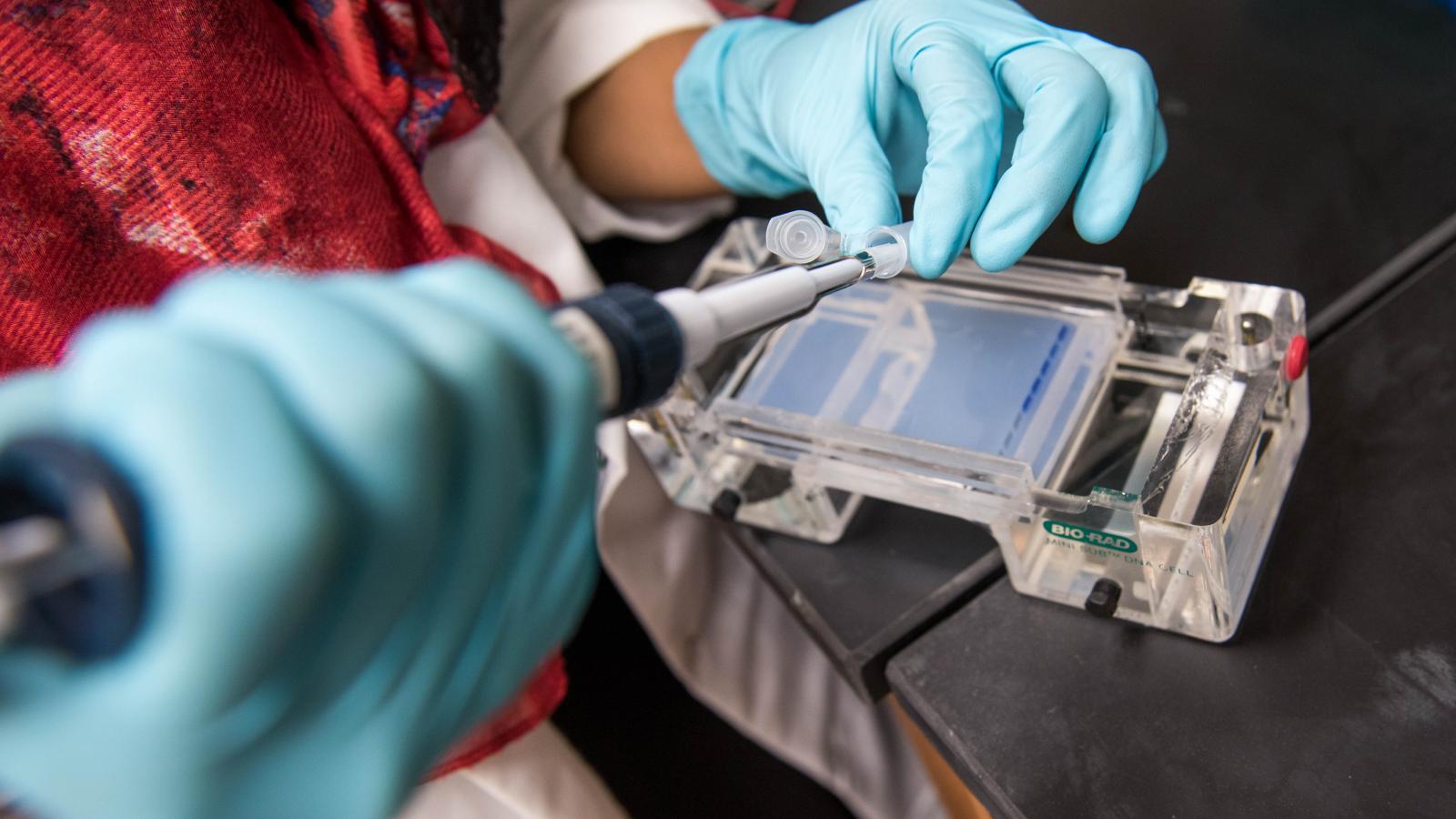Competitive students are encouraged to apply for intramural and extramural Fellowships and Traineeships. These usually provide one or two years of stipend and tuition, and often provide additional funds for travel and other expenditures.
The Graduate School grants fellowships to current students in their dissertation year. Other intramural and extramural fellowships typically provide mid-career to dissertation year support. Some fellowships are restricted to U.S. citizens (and sometimes Permanent Residents), and some are targeted to specific groups.
Graduate School Fellowships
The Graduate School offers a number of competitive fellowships including:
- Presidential Fellowships (dissertation year, nominated by graduate program)
See the Graduate School Fellowships page for information about additional fellowship opportunities through the Graduate School
Training Programs
Training programs offer additional opportunities for training and professional development that enhance and complement those offered by the MCDB program. Training programs are mostly for students in the first to third years, and are either offered to incoming students during recruitment or to existing students. In both cases, students must be nominated by the MCDB program. MCDB participates in two NIH-sponsored training programs:
- NIH Cellular, Molecular and Biochemical Sciences Program (CMBP)
- NIH Training Program in Cardiovascular Research
Intramural Fellowships
MCDB students can compete for multiple intramural fellowships sponsored by the RNA Center and Comprehensive Cancer Center:
- Center for RNA Biology Fellowships (RNA research)
- Pelotonia Pre-Doctoral Fellowships (cancer research)
- Nationwide Children’s Hospital Graduate Student Research Awards (for students in NCH labs)
Extramural Fellowships
Eligible MCDB students are encouraged to compete for national fellowships from federal agencies and research foundations, such as the NIH, NSF and AHA:
- NSF Graduate Research Fellowship Program (must apply in first or second year)
- NIH F31 Predoctoral Fellowships
- NIH F99/K00 Predoctoral to Postdoctoral Fellow Transition Award
- American Heart Association pre-doctoral fellowship
Information about other fellowship and funding opportunities can be found using the InfoEd SPIN Database of funding opportunities

